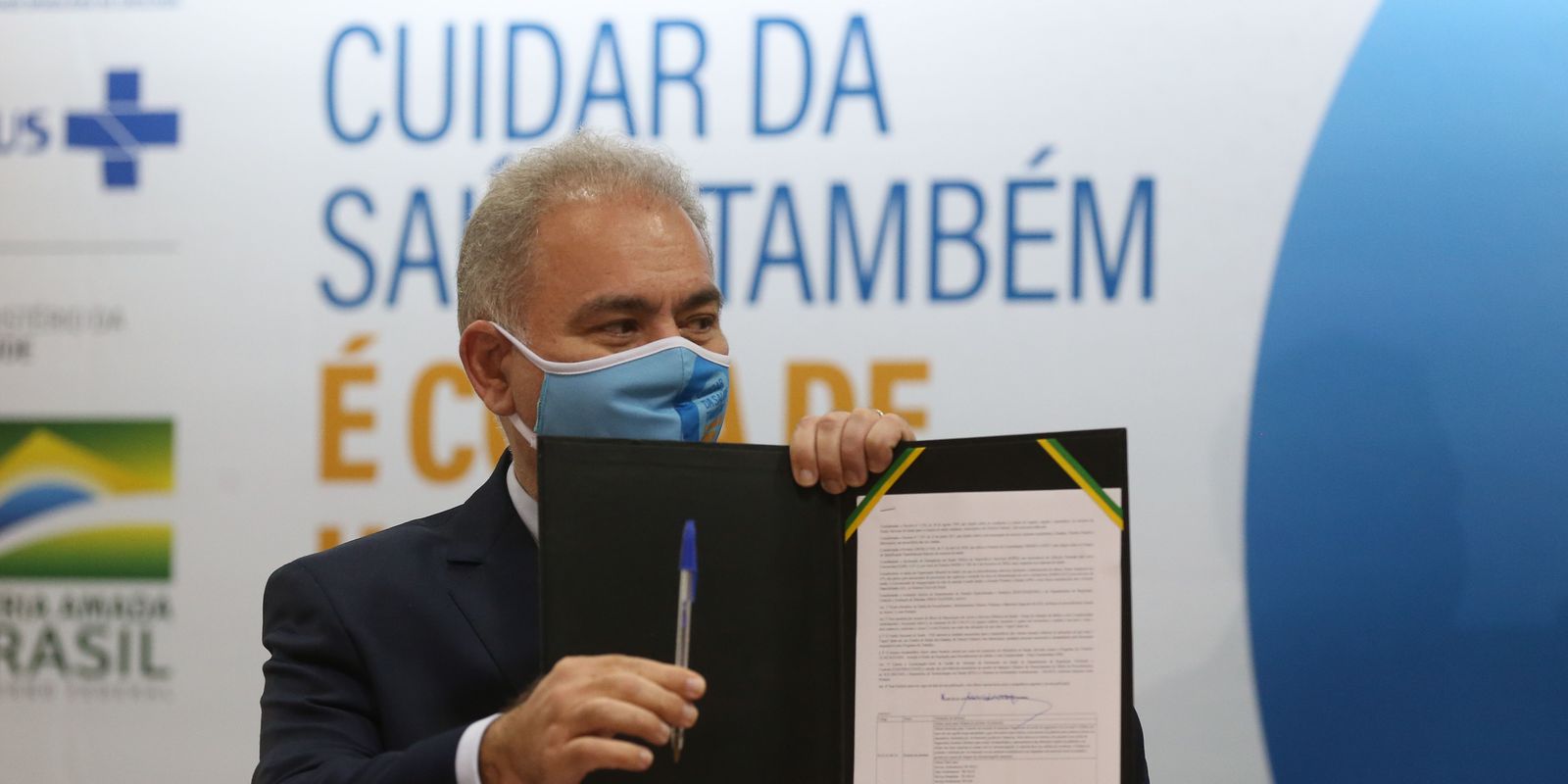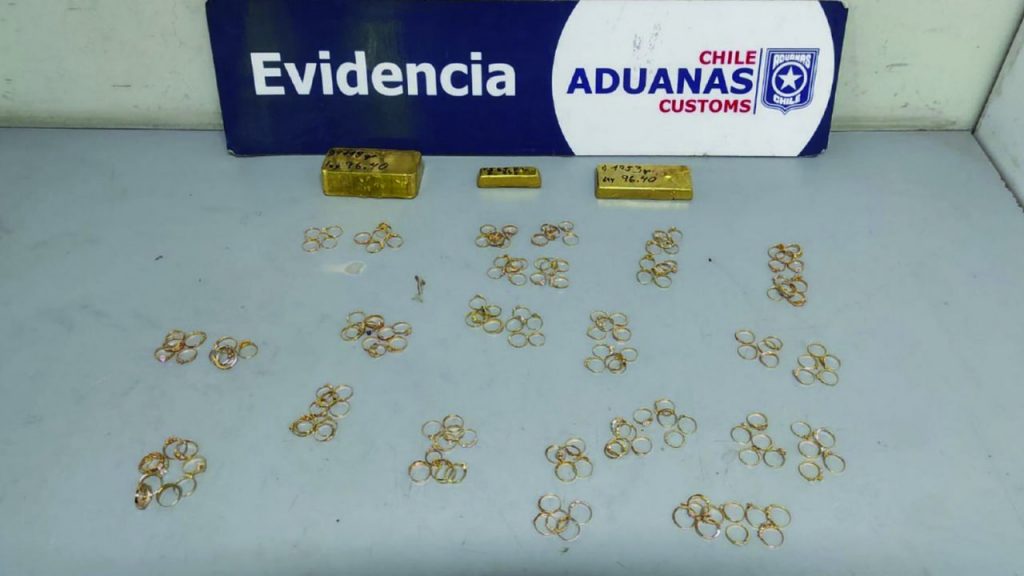The Ministry of Health launched today (17) the Blue Line, an itinerary that seeks to facilitate awareness and access of men to treatment for prostate cancer. Implemented in the Unified Health System (SUS), the initiative takes advantage of the worldwide mobilization of Novembro Azul to further publicize the importance of early diagnosis of prostate cancer.
“The Blue Line is the patient’s itinerary throughout the care network, starting in primary care, with regulatory support, to be referred for diagnosis in specialized care”, said the director of the Department of Specialized and Thematic Care of the Ministry of Saúde, Maíra Botelho, during the launching ceremony of the “care line” that make up the initiative.
From the coordination of primary care, the patient will go through urologists specialists and then be referred to the specialized referral unit. “If the diagnosis of cancer is confirmed, it will be referred to our treatment units, in specialized care”, explained Maíra.
With the proposal to expand public policies aimed at controlling and combating prostate cancer, Linha Azul outlines a “therapeutic itinerary for men who present signs and alterations in the prostate”, said the head of the Urology Sector of the National Cancer Institute (Inca), Franz Campos.
According to Campos, the idea is that the patient has a way to go in the health system, from the basic unit to specialized treatment. “That’s because the chances of cure increase 90% if the diagnosis is made at an early stage,” he said.
Present at the event, the Minister of Health, Marcelo Queiroga, stressed that the “silly prejudice” against the digital rectal exam, a technique used to identify prostate cancer, “does not exist anymore”. Queiroga recalled that, in the last two years, 68 thousand cases of the disease were registered in the country, numbers that show a “significant epidemiological relevance” in the country. According to the minister, there are in Brazil “more than 300 centers” for cancer treatment.
“Through the strengthening of the SUS, we are going to pay attention to the pathologies that are prevalent and that, in a way, were neglected, including cancer”, said Queiroga, when asking for the help of women to raise awareness of their husbands, in order to send them to the doctor for the exam.
Atlas of Mortality
A survey carried out by Inca estimates that more than 65,800 new cases of cancer can be diagnosed per year – the number corresponds to 29.2% of the tumors that affect the male population.
According to the institute, it is the most common type of cancer among men, after skin cancer. On average, 62.95 new cases are identified for every 100,000 men in Brazil. According to the Cancer Mortality Atlas released this year, more than 15.9 thousand deaths from prostate cancer were reported in 2019 – a number that represents 13.1% of all cases of death from the disease in men.
In the world context, the institute reports that prostate cancer is the second most frequent in this public, and that 75% of cases occur in men over 65 years of age.
Diagnosis
Prostate cancer is the tumor that affects this gland located below the bladder and that involves the urethra, the canal that connects the bladder to the external orifice of the penis. Although it is a common disease, due to fear or ignorance, many men prefer not to talk about it.
Among the main diagnostic procedures are the digital rectal exam, in which the doctor assesses the size, shape and texture of the prostate; and the PSA test, which checks the blood for the amount of a protein called Prostate Specific Antigen (PSA) produced by the prostate.
According to the president of the Brazilian Society of Urology, Antônio Carlos Pompeu, there are no “effective means of preventing” the disease. “When identified in early stages, this tumor is curable. In advanced stages, the objectives are different: disease control and patients’ quality of life. This, however, has a high personal, psychological and monetary cost”, said Pompeu when defending early diagnosis when, in general, the individual is asymptomatic.
“The basic orientation is to encourage men, after 45 years of age, to undergo an initial medical evaluation”, he added.














